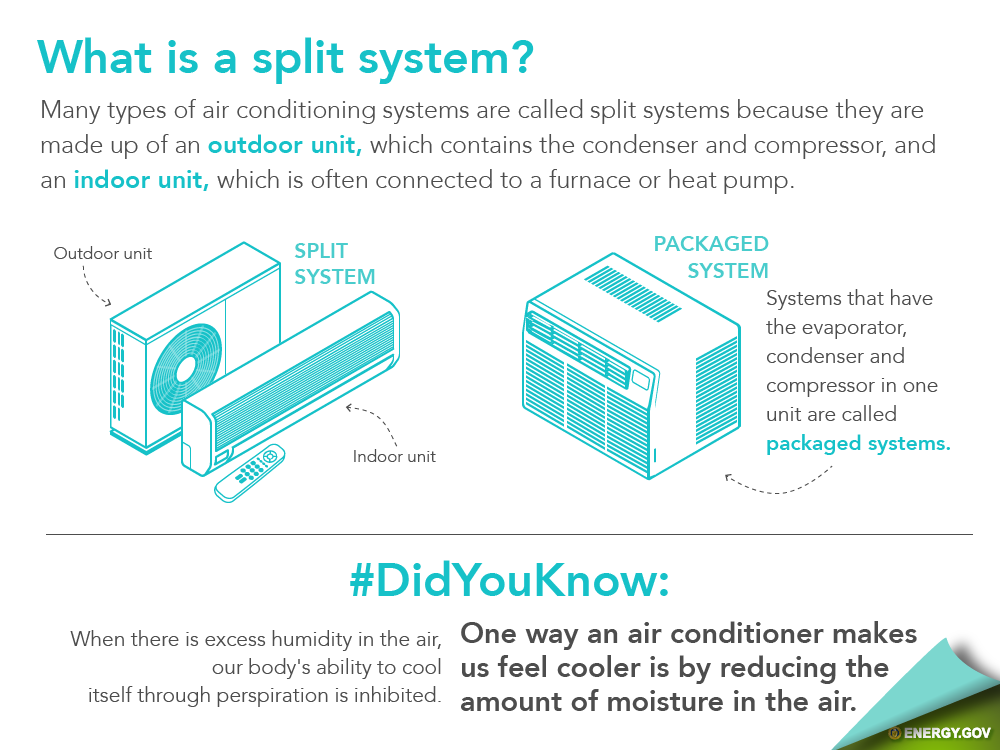Checking Out Climate'S Role In Heat Pump Performance And Suggestions For Optimization
Checking Out Climate'S Role In Heat Pump Performance And Suggestions For Optimization
Blog Article
Composed By-Drejer Ogle
When it pertains to your heatpump, climate plays an essential duty in its efficiency. From freezing temperature levels to sweltering heat, each aspect can affect exactly how effectively your system operates. Yet what can you do to combat these weather-related challenges and guarantee your heatpump is operating at its best? Stay tuned to discover functional pointers and approaches to enhance your heat pump's efficiency, despite the weather it encounters.
Weather Condition Elements Affecting Heatpump Performance
Weather condition aspects have a significant influence on the effectiveness of heatpump. One critical factor is temperature level. Heat pumps function by moving warm from outdoors to within throughout winter season and the other way around in summer season. As temperature levels decrease, it ends up being harder for the heatpump to remove warm from the outside air, decreasing its efficiency.
visit the next page is moisture. High moisture degrees can make it a lot more difficult for the heatpump to release warmth during the cooling procedure.
Additionally, wind speed contributes. Strong winds can dissipate the warmth absorbed or launched by the heat pump, influencing its general efficiency.
Tips for Optimizing Heatpump Efficiency
To boost the efficiency and long life of your heat pump, executing a few key strategies can make a substantial distinction in its performance.
Firstly, make sure regular upkeep by cleaning or replacing filters every 1-3 months to stop air movement clogs and take full advantage of air movement. Additionally, schedule annual expert evaluations to spot and resolve any possible concerns at an early stage.
Ideal thermostat settings additionally play an essential function. Throughout the winter season, aim for a temperature level setup that's as low as comfortable, and throughout the summertime, established it as high as comfortable to reduce the workload on your heat pump. Utilizing a programmable thermostat can assist you immediately change setups based upon your schedule.
Additionally, securing leaks in ductwork and insulating air ducts in unconditioned rooms can stop power loss and enhance total system performance.
Finally, think about installing a smart thermostat that can learn your habits and readjust setups accordingly, further maximizing your heat pump's efficiency. By adhering to these pointers, you can ensure your heat pump runs efficiently and effectively throughout the year.
Best Practices for Weatherproofing Your Heat Pump
For optimum efficiency and efficiency of your heatpump, carrying out weatherproofing procedures is essential. Begin by sealing any kind of voids or splits around doors, windows, and ductwork to stop heat loss and preserve a consistent indoor temperature.
Shield exposed pipelines and air ducts to prevent cold during cold weather and guarantee correct air movement. Think about mounting a protective cover over the outside unit to protect it from harsh weather components like snow, ice, and debris.
On a regular basis clean the outdoor unit to eliminate dust, leaves, and particles that can obstruct airflow and lower performance. In addition, maintain the location around the heat pump free from snow, ice, and greenery to allow for correct ventilation.
Final thought
Now that you comprehend how weather influences your heatpump performance, you can take positive actions to enhance its performance. By following the tips laid out in this article, such as normal maintenance, thermostat changes, and weatherproofing procedures, you can make certain that your heat pump operates at its best no matter the climate condition. Remain ahead of the game and maintain your home comfortable throughout the year.
